They’ll All Sleep Like The Dead Tonight


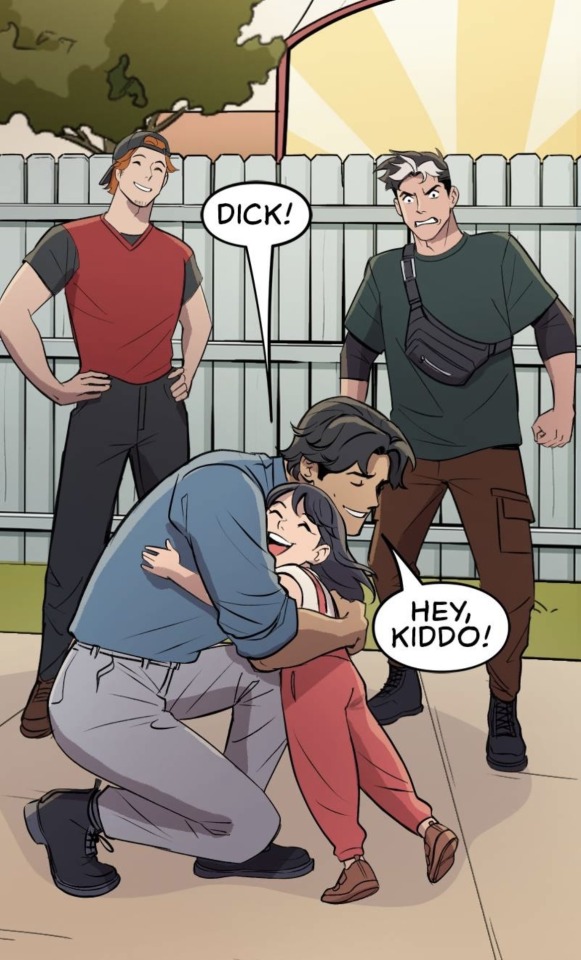
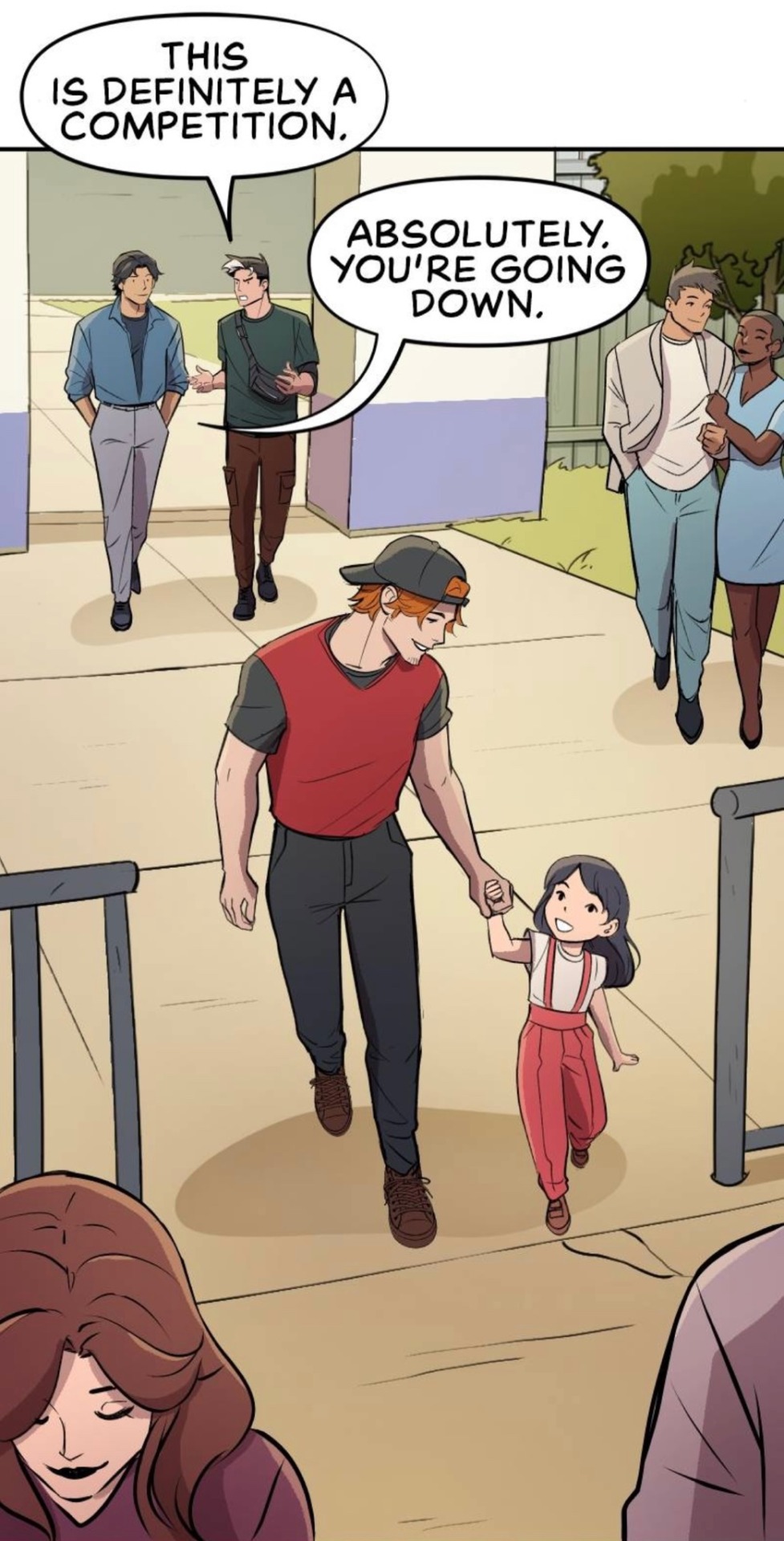


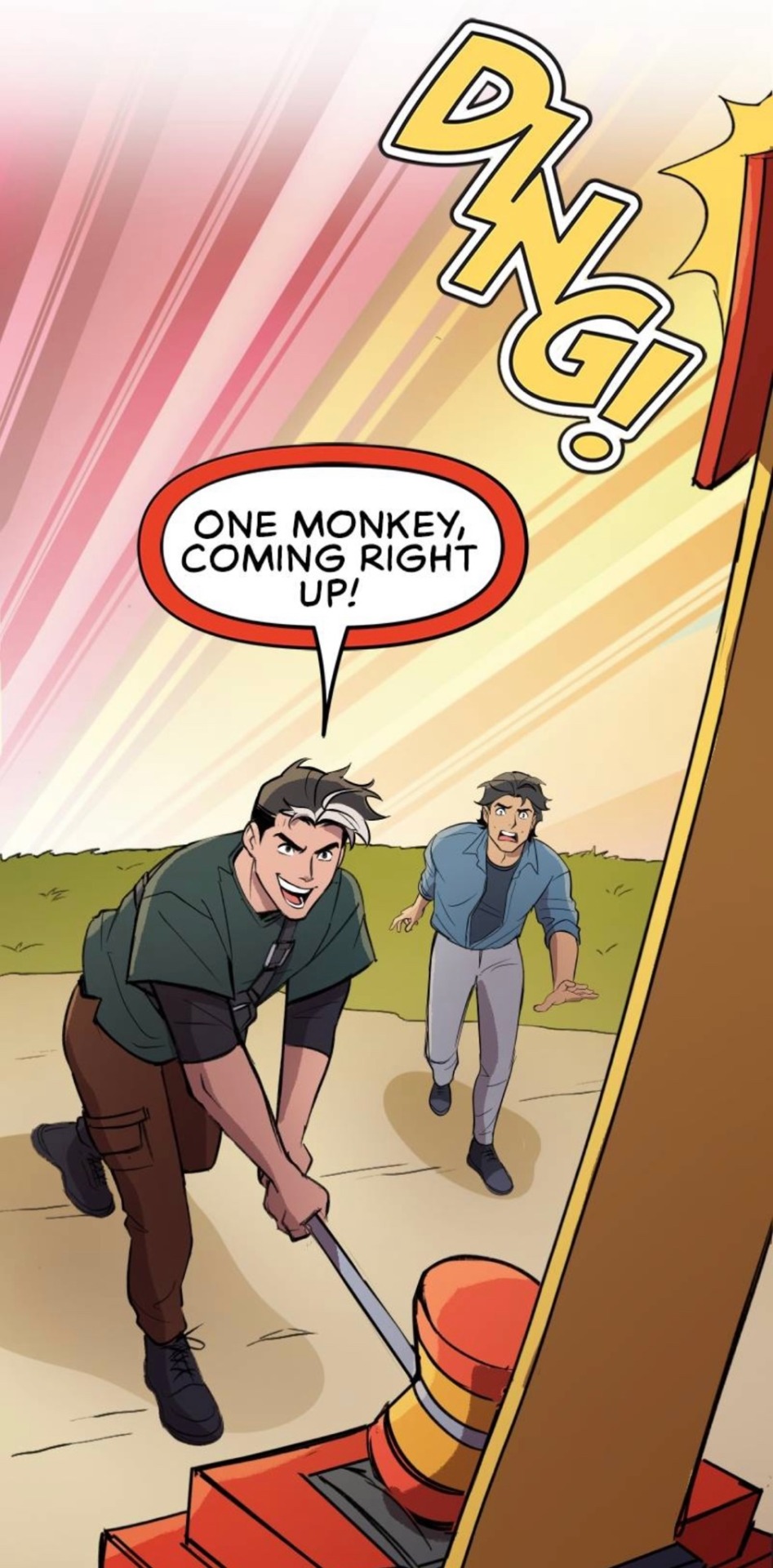


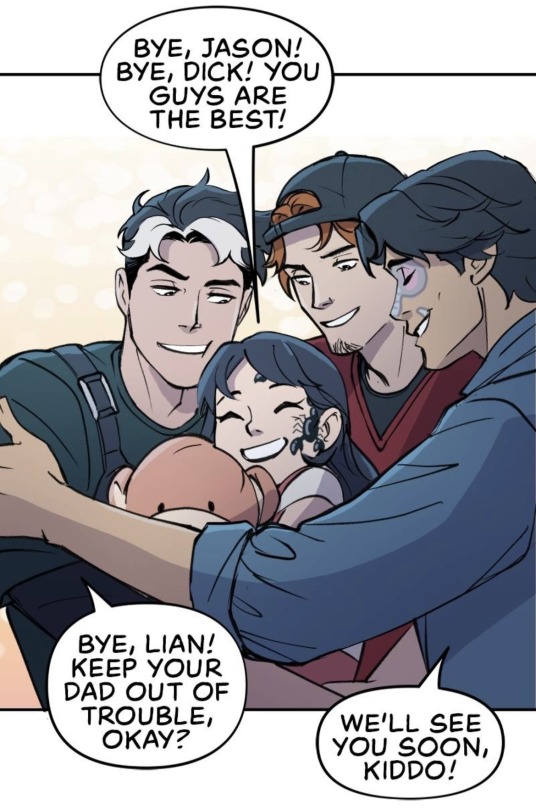
They’ll all sleep like the dead tonight
Batman: Wayne Family Adventures S2 (Ep. 108) - There Can Only Be One
More Posts from Mini-me-28 and Others
Okay but this is the second most beautiful thing my eyes can see
First is the catradora kiss


my new coping mechanism is watching this scene repeatedly
Stephanie Brown ACTUALLY having the character arc that fanon pretends Jason Todd had (plus a defence of canon Jason)
What I'm really saying is that Stephanie Brown is underappreciated, Jason Todd is often misinterpreted, and, though it should go without saying, ignoring canon is poor media literacy. So let's actually analyse canon and get to the bottom of what the stories are trying to say and how they use their characters to tell this, as opposed to just which character should we stan.
I'm arguing that Stephanie Brown's story actually features a redemption arc that sees her transform from a violent, almost murderous teenager into the most unwaveringly hopeful of heroes and that Jason's story is about a villain who we're meant to empathise with to expose the cracks in the Batman's heroic facade; a Frankenstein's monster if you will. Here's a numbered list:

Part 1: Outgrowing Violence, Anger and Murder
A big part of Stephanie Brown's growth in canon is her learning not to kill or use excessive force. But it's not as simple as just killing is wrong, don't question it.
Let's begin with the narrative's relationship to violence, anger and murder. Why doesn't Batman kill? Because "[those] who [fight] with monsters might take care lest [they] thereby become a monster. And if you gaze for long into an abyss, the abyss gazes also into you". If he kills, he's playing god, choosing who gets to live and die. No one deserves that kind of absolute power and absolute power also corrupts. Batman doesn't want to lose sight of himself or his cause. Deliberate murder is treated VERY negatively in the Batman mythos.
Enter Stephanie Brown.
Stephanie was a working class latchkey kid who grew up on the wrong side of the tracks. She had an abusive, criminal father, who was in and out of jail, and a mother struggling with addiction, who Steph became a carer for at just 15. Steph also became pregnant with the child of her horrible ex. At 16, she gave birth to that child and had to give her up for adoption. Steph is also a survivor.

The world was never kind to Steph and left this teenager with a hell of a lot of bitterness and rage which her vigilante career became an outlet for. You can tell by the way she fights since Steph fights DIRTY; she'll tug hair and spit in your eyes and strike below the belt and catch a kick to twist your ankle and dislodge your already broken nose. On the one hand; the narrative tells us Steph is resourceful. She's 5'5", 130 lb and has zero powers, but can always find an opening even when going up against Gotham's grizzliest. It's telling that quick thinking, savviness and spontaneity become her thing when she becomes Batgirl; Steph is the wild card. On the other hand, she was a real diamond in the rough and a complete loose canon. In her first arc, it's Batman who stops her from making the biggest mistake of her life; killing her dad. To deliberately kill; to play god, is to lose yourself, remember. Her first arc is about not being defined by who your parents are and about not giving up on yourself. Batman basically tells her, there's hope for you yet Stephanie Brown, by getting her to spare her dad. And she does. And so began her superhero career.


Nonetheless, it's never that simple. Steph is still a bitter, angry teenager, no matter how many jokes she cracks. It becomes a personal crusade when she, now Robin, discovers that The Penguin is using children as runners. It takes Cassandra Cain to stop her from inflicting anything she may regret.


The narrative wants to show us how cruel the world can be and that it isn't black and white, either. The story ends with an angry Stephanie lamenting "why". It's a "why" she is asking herself too. Why does she do what she does? And it informs us that she, and maybe us the reader too, still have a lot to learn. Murder's not the answer but what is?


Stephanie later saves Bruce by almost murdering serial killer Victor Zsasz. Bruce reprimands her and she cries, quite honestly, "I don't get it, I really don't", following on from where we left off in Batgirl. "There are always other options than to kill" asserts Bruce, forget not being on the same page, they're reading different books. The thesis of the story is what Bruce should have told Steph when she was an angry 15 year old about to murder her dad; "[those] who [fight] with monsters might take care lest [they] thereby become a monster". The world's cruel, Steph, but that doesn't mean you have to be too. "Are you firing me?" "No, I'm teaching you".

Over 2 years down the line, an around 19 year old Stephanie, establishing herself as the new, hoping-inspiring Batgirl, is now teaching a brash Damian Wayne what she's learned.
"To murder or not to murder" is just a plot device to the themes of overcoming your own anger at the world's cruelty to contribute good, coming to terms with shades of grey, not giving up on yourself and staying hopeful in the face of adversity and horror. These are Stephanie's arcs and as a consequence, she goes from would-be-murderer to Gotham's cheeriest caped crusader.
Part 2: Double Standards and Second Chances
Another huge part of Stephanie's story is her overcoming double standards and doubters, to earn her own second chances. Her resurrection and rise to the role of Batgirl were choices made to hammer home this theme; it's never too late to turn things around.
There's some juicy metatext to analyse here too. DC editorial's treatment of Stephanie during War Games was horrific and panned by both fans and writers. To reperate for these harms, Steph was retconned back to life and then made Batgirl during Batman: Reborn. Here's a quote by Batgirl (2009) author Bryan Q. Miller on what his run aimed to bring out of Steph:

The whole point of Stephanie's resurrection and take over of the Batgirl title was to give her a redemption arc.
In text, Stephanie was unfairly treated too, notwithstanding that she was brash and had a massive violent streak in her Spoiler and Robin days. Tim Drake constantly condescends her and tells her to give up vigilante life, even though she was ALWAYS a match for Tim according to Convergence: Batgirl. Cassandra Cain constantly underestimates Steph. Bruce Wayne tells his allies to cut off ties with Steph and then later fires her as Robin for DISOBEYING HIM as if that's not the first thing Dick Grayson ever did as Robin. Barbara Gordon tells Steph she has a death wish. Dick deems Steph too reckless (moments before he resurrects a zombie Batman). And Damian is an entitled brat who gives her a hard time for no reason. Everyone doubts Stephanie and it generally says more about the doubter than it does Stephanie.


Stephanie was never great with authority or criticism so she still went out there and earned her second chance. And it felt rewarding when her doubters came around too.


Stephanie was brought back from the dead to be redeemed and man did she take that chance!
Part 3: What is Jason Todd's Story Meant to Tell Us and My Defence of Canon Jason
Jason Todd returns from the dead as a ghost of Batman's past; he is the living embodiment of Batman's greatest mistake who couldn't stay buried and is back to haunt him. He's a character we are meant to empathise with but he's a villain nonetheless. He's not irredeemable but for the most part his story is not really about redemption. Succinctly, it revolves around the idea that "we are each our own devil, and we make this world our hell” to quote Oscar Wilde.
When we first meet the resurrected Jason, he's a cold-blooded murderer who's slinging guns and using The Joker's old moniker. These choices are made to emphasise that he went down the wrong path; he's breaking Batman's "don't play god" rule and his actions become eerily closer to those of the Clown Prince of Crime than Batman's. In fact Nightwing and Batman spend some quality time together in the next two issues because Nightwing is the foil to the Red Hood; he's what Bruce considers his greatest success. Remember that thing about "those who [fight] with monsters might take care lest [they] thereby become a monster"? Well Jason DID become a monster. And if he's the monster, then Bruce Wayne is Frankenstein.


We're not supposed to think "yes, kill the The Joker, Jason", we're supposed to think "good god, please Jason, it's not too late to turn your life around". Here's Dick and Jason being the exact opposite of each other, an issue apart.


So what was Jason's villainous return trying to say? For one, that people are the products of their circumstance, lest we forget Jason was once an eager and studious Robin who just wanted to be part of something greater when life, but specifically Bruce, sent him awry. This is also a story about Bruce which tells us says that our mistakes have consequences that don't stay buried, and that we will always be forced to reckon with our histories or it becomes everyone's problem. This next panel shows this best. All of Jason's killing and torture and fear-spreading and chaos does not come down to some "murder or not to murder" debate, it comes down to his relationship with Bruce. He is the monster that Frankenstein created who's back to haunt him and no one is safe.

Jason's initial Red Hood arcs were never supposed to pose the question "should Batman kill The Joker or not?". The answer is no and always has been. They are supposed to show us how Bruce's poor fatherhood of and partnership with Jason Todd led to all this horror. And Bruce can't turn back the clock, he has to reckon with the consequences of his actions in the present or more people will get hurt. It's significant that these first arcs don't end with Jason returning to the manor and seeking help surrounded by family.
We then see Jason and his issues with Bruce threaten the lives of others like when he beat Tim half to death twice, tried to blow up Mia Dearden and then tried to become a murderous, gun-touting Batman after Bruce's "death".
Once Dick Grayson becomes Batman, the narrative sheds a bit more light on how Bruce's Frankenstein created a monster in Jason; Bruce wanted Jason to be another Dick Grayson.


The red hair is a perfect metaphor. Jason is naturally red-haired and he is now balding because Bruce made him dye his hair black so he'd look like Dick as Robin. That sums it up for me. Bruce really created his own demon here and Dick, as the new Batman, is trying to make amends with the sins of the Batman's past. Jason's a great choice for a Dick Grayson villain because of their histories, considering Dick Grayson is the legacy Batman.


"I tried really hard to be what batman wanted me to be...which is you." Jason tells Dick.
That line is so painful and way more recognisable and relatable than anything fanon has produced.
"But this world...this dirty, twisted, cruel and ugly dungheap had...other plans for me."
Look no further, this is who Jason Todd is.
That's a powerful story if you ask me, and this is why I like Jason Todd as a character; a villain I pity deeply, who is portrayed as a product of their circumstances without diminishing their agency and who makes me see the cracks in the hero's facade because they are the monster our "hero" created. The appeal to Mary Shelley's Frankenstein isn't that the monster murdered people. I also would never swap this Jason out for, I dunno, Wayne Family Adventures Jason who's the amalgamation of 3 or 4 common fanon tropes. This is my two cents.
Women in Mexico disappear.
Today is a historic day in my country, we’re fed up with gender violence in Mexico. They’re killing us. Picture this, you can’t walk outside your own house because you fear the worst, you fear that your clothes are too revealing, you fear that you’re too alone, you fear that you’re walking the wrong streets. Day after day you wake up to the news of another feminicide. They’re killing us. You see it, you hear it, you fear it. What if I’m the next one? You’re always wondering. They’re killing us.
10 women are killed every day, only because they’re women. And it doesn’t matter where we are, what we’re wearing, who we are. It’s not our fault, because they keep killing us.
If we keep up at this rate? What’ll be of us?
Yesterday we marched.
(None of the pictures are mine)

“I march because I’m alive and I don’t know until when.”
“Today, all our voices aren’t together because, from death, one can’t scream.”

“We’re not hysteric, we’re historic.”

“Mom, if you don’t find me, look up for me in the stars.”
Yesterday we screamed. We flourished.


“Mom, don’t worry, today I’m not alone in the streets.”
Our monuments bled to represent us.

We screamed.

But not today, today march 9th 2020. We silenced ourselves.
Today, we disappeared. No social networks, not a single woman in the streets, not a single woman working, not a single woman studying, not a single woman at any store.
What would Mexico be without us? If you don’t want us in the streets, fine we’ll disappear.
Without us, you’ll collapse.
Mexico woke up with no women ticket-sellers in the subway stations, no women tellers at the bank.

No women’s column on the newspapers.

No women at their jobs.

No women at school.

No women on the streets.

Mexico woke up with no women.
We can’t accept what we can’t change, but we will change what we can’t accept.
We are angry, and we will rise. Because without us, you’re nothing.
And if I said


"It's meaningless"

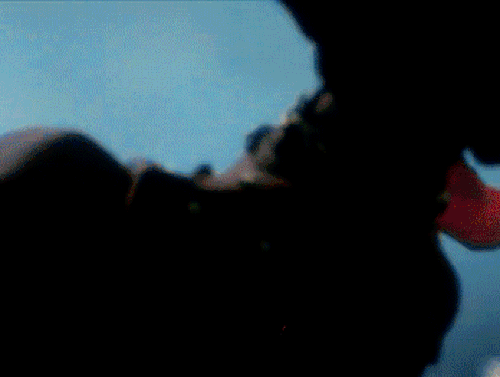
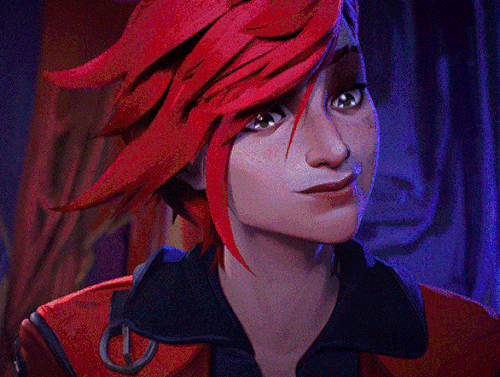
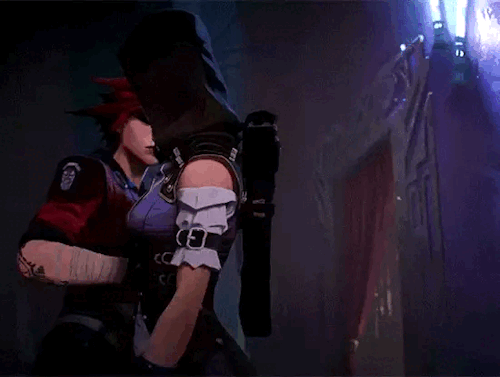
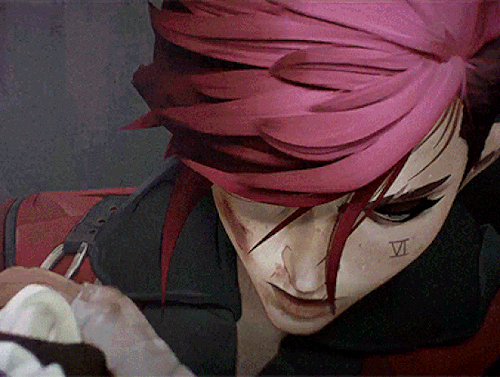
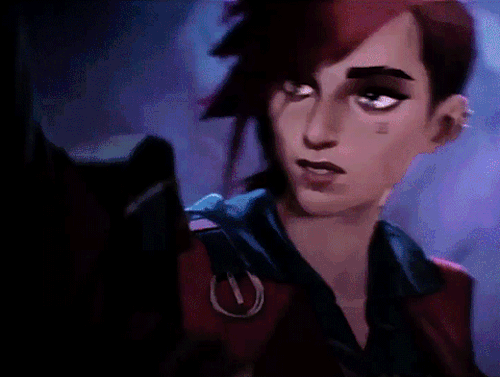
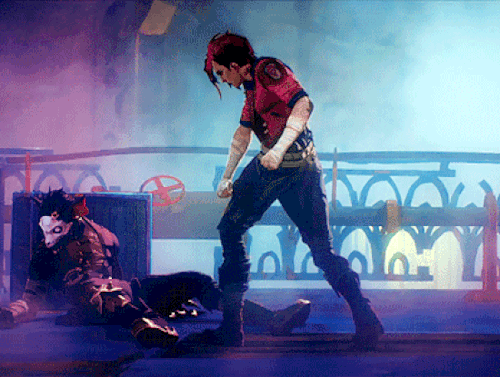
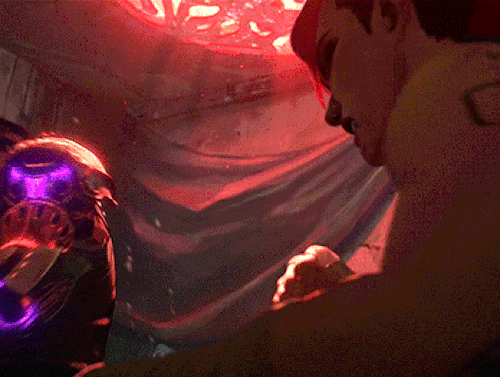
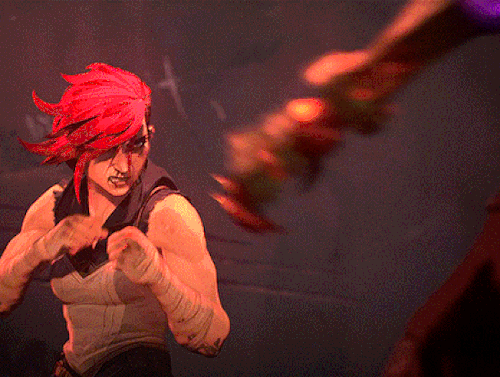
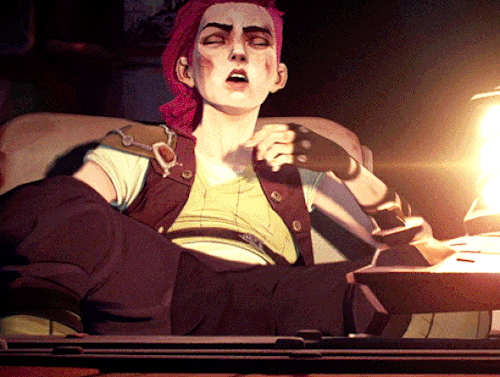
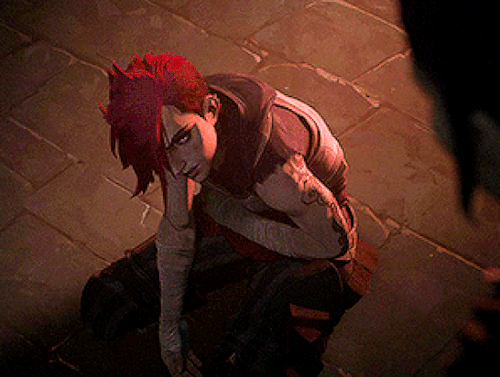
in conclusion : i have a crush
Something about how Jason Todd’s core character trait is how he lost faith. He lost faith in Shiela, in Bruce, in the entire concept that someone else can care about him and actually have his best interests at heart.
Something about how Catholic priest Flashpoint Jason Todd is someone who has such intense faith, who trust so heavily in someone basically unprovable. Something about how without Bruce, without being Robin, it was his faith that was his core character trait.
Something about how being Robin and the life he was led into changed him in such a tragic and deep seeded way. I don’t know




DC PAY FOR MY FUCKING Therspy bill istg
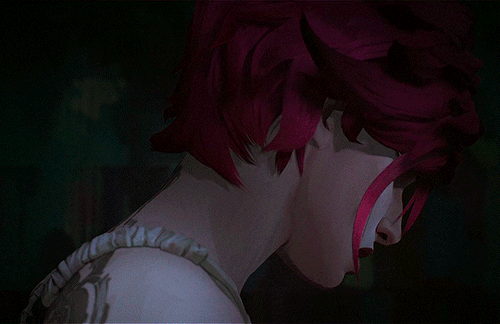
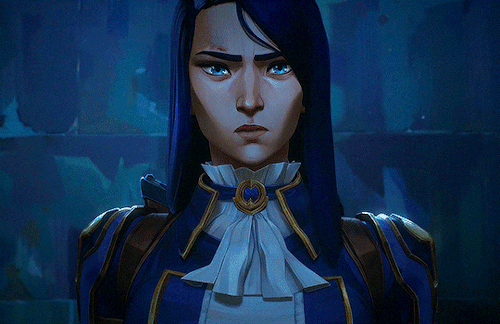
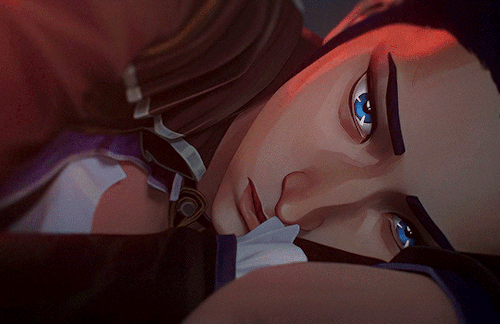

Despite it all, I can tell… you have a good heart.
“The Batkids probably gave Dick so much shit when he first put on the Batsuit.” No. The Batkids all saw Dick in Bruce’s suit and all secretly felt nauseous about how wrong it looked. How wrong it felt.
-
 shadowprincessblaise reblogged this · 3 weeks ago
shadowprincessblaise reblogged this · 3 weeks ago -
 shadowprincessblaise liked this · 3 weeks ago
shadowprincessblaise liked this · 3 weeks ago -
 litle-star liked this · 3 weeks ago
litle-star liked this · 3 weeks ago -
 slncerelyanastasia liked this · 3 weeks ago
slncerelyanastasia liked this · 3 weeks ago -
 vegathule liked this · 1 month ago
vegathule liked this · 1 month ago -
 the-birds-and-a-fox liked this · 1 month ago
the-birds-and-a-fox liked this · 1 month ago -
 pablitouclavitou liked this · 1 month ago
pablitouclavitou liked this · 1 month ago -
 scrumptiouswizardlady liked this · 1 month ago
scrumptiouswizardlady liked this · 1 month ago -
 whothehellsanne liked this · 1 month ago
whothehellsanne liked this · 1 month ago -
 xxtraffyxx liked this · 1 month ago
xxtraffyxx liked this · 1 month ago -
 depressedreader03 liked this · 2 months ago
depressedreader03 liked this · 2 months ago -
 honorary-twat liked this · 2 months ago
honorary-twat liked this · 2 months ago -
 popp1n liked this · 2 months ago
popp1n liked this · 2 months ago -
 yoink-the-dopamine liked this · 2 months ago
yoink-the-dopamine liked this · 2 months ago -
 staraniseed liked this · 3 months ago
staraniseed liked this · 3 months ago -
 uknowimurhero liked this · 3 months ago
uknowimurhero liked this · 3 months ago -
 animeandtea liked this · 3 months ago
animeandtea liked this · 3 months ago -
 mattlindel liked this · 4 months ago
mattlindel liked this · 4 months ago -
 pocket-mobster liked this · 4 months ago
pocket-mobster liked this · 4 months ago -
 indigo-skies2315 reblogged this · 4 months ago
indigo-skies2315 reblogged this · 4 months ago -
 pigeonluvrr96 liked this · 4 months ago
pigeonluvrr96 liked this · 4 months ago -
 suleman-haider reblogged this · 5 months ago
suleman-haider reblogged this · 5 months ago -
 suleman-haider liked this · 5 months ago
suleman-haider liked this · 5 months ago -
 thecatitbittingmeee liked this · 5 months ago
thecatitbittingmeee liked this · 5 months ago -
 alittlesongbirdchirps liked this · 5 months ago
alittlesongbirdchirps liked this · 5 months ago -
 notme2001 liked this · 5 months ago
notme2001 liked this · 5 months ago -
 b0xedjuiice liked this · 5 months ago
b0xedjuiice liked this · 5 months ago -
 cartersblogabtnothing liked this · 5 months ago
cartersblogabtnothing liked this · 5 months ago -
 eom-02 liked this · 5 months ago
eom-02 liked this · 5 months ago -
 nervousscissorsgoopthing liked this · 5 months ago
nervousscissorsgoopthing liked this · 5 months ago -
 below-my-s0ul reblogged this · 5 months ago
below-my-s0ul reblogged this · 5 months ago -
 below-my-s0ul liked this · 5 months ago
below-my-s0ul liked this · 5 months ago -
 nameless-ice-goddess liked this · 5 months ago
nameless-ice-goddess liked this · 5 months ago -
 xeduo liked this · 5 months ago
xeduo liked this · 5 months ago -
 mickylikesstuff liked this · 5 months ago
mickylikesstuff liked this · 5 months ago -
 hazygazee liked this · 5 months ago
hazygazee liked this · 5 months ago -
 tokilabitch liked this · 5 months ago
tokilabitch liked this · 5 months ago -
 cinamon98 liked this · 5 months ago
cinamon98 liked this · 5 months ago -
 popcorn-plots liked this · 5 months ago
popcorn-plots liked this · 5 months ago -
 diabetic-bean reblogged this · 5 months ago
diabetic-bean reblogged this · 5 months ago -
 diabetic-bean liked this · 5 months ago
diabetic-bean liked this · 5 months ago -
 bjurnberg reblogged this · 5 months ago
bjurnberg reblogged this · 5 months ago -
 bjurnberg liked this · 5 months ago
bjurnberg liked this · 5 months ago -
 dreadclown liked this · 5 months ago
dreadclown liked this · 5 months ago -
 sirennotmermaid liked this · 5 months ago
sirennotmermaid liked this · 5 months ago -
 broken-gold15 liked this · 5 months ago
broken-gold15 liked this · 5 months ago -
 birdybat liked this · 6 months ago
birdybat liked this · 6 months ago -
 ya-boiiiii liked this · 6 months ago
ya-boiiiii liked this · 6 months ago -
 indigo-skies2315 liked this · 6 months ago
indigo-skies2315 liked this · 6 months ago -
 batfam-stuff-posts-0 liked this · 6 months ago
batfam-stuff-posts-0 liked this · 6 months ago
